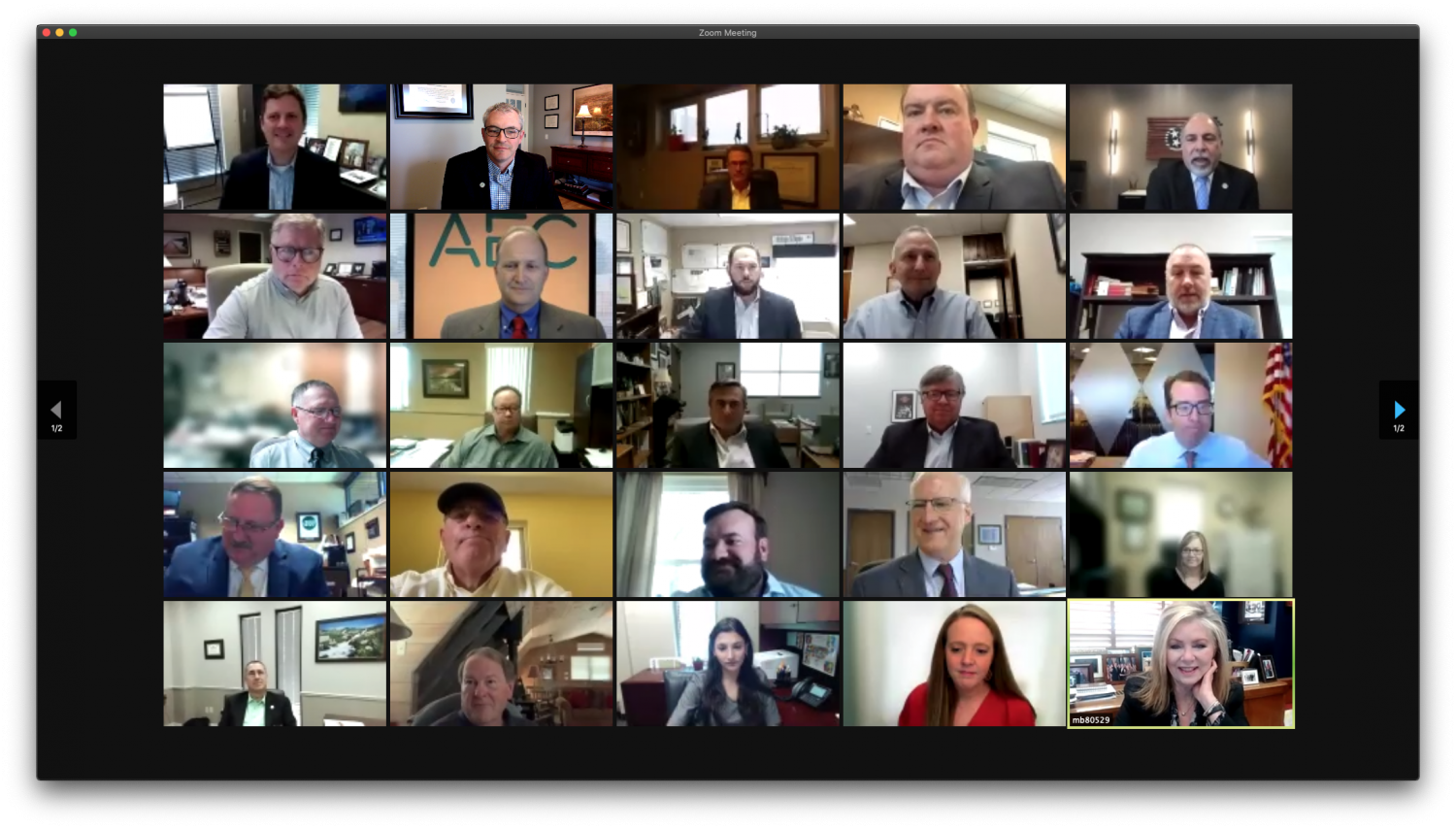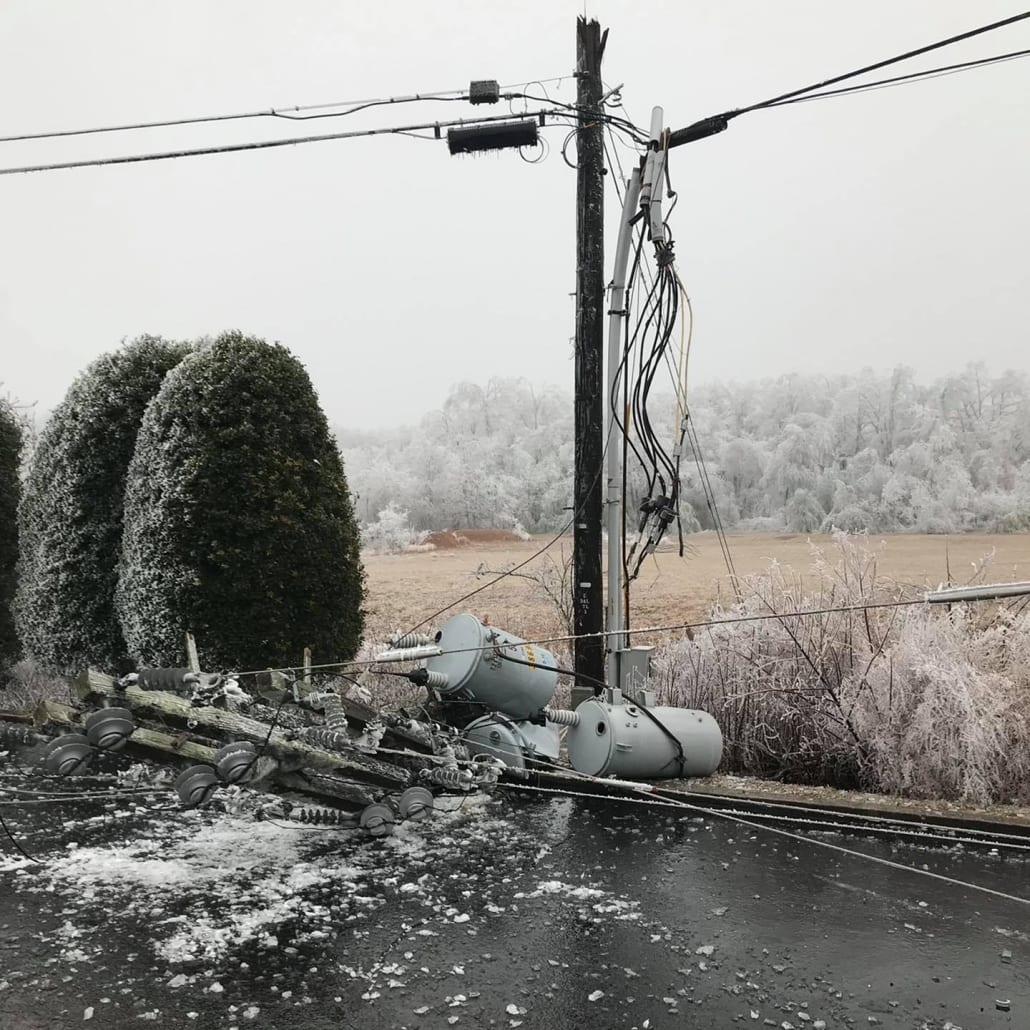DETROIT – Ford Motor Company announced Monday that it has selected the Memphis Regional Megasite for one of the largest battery and vehicle manufacturing campuses in the U.S. The partnership between Ford and SK Innovation is a $5.6 billion investment that will bring 5,800 new jobs to the region. Called Blue Oval City, the complex will be constructed on a nearly 6-square-mile site near Stanton in West Tennessee and build next-generation electric F-Series pickups and advanced batteries.
“This is a watershed moment for Tennesseans as we lead the future of the automotive industry and advanced manufacturing,” said Tennessee Gov. Bill Lee.
The site, located approximately 25 miles east of Memphis and 32 miles west of Jackson, lies within the service areas of two electric cooperatives: Southwest Tennessee Electric Membership Corporation and Chickasaw Electric Cooperative. While the assembly plant is expected to be directly served by the Tennessee Valley Authority, both co-ops expect the project to have a significant impact.
“The scope of this project is unlike anything Tennessee has ever seen,” said Kevin Murphy, CEO of Southwest Tennessee Electric Membership Corporation and board president of TECA. “This development will have a lasting impact on the communities we serve and all of West Tennessee. We are honored that Ford selected our region to for this historic investment, and we are celebrating the exciting opportunities that this will create.”
“This week’s Ford announcement will have a lasting, positive affect on our region,” said Loyd Muncy, CEO of Chickasaw Electric Cooperative. “The economic opportunities created by a project of this size will benefit Chickasaw Electric, our consumers and all the communities we serve for generations.”
Blue Oval City will be designed to be the largest, most advanced and most efficient automotive production campus in Ford’s history. The campus will include the Ford assembly plant, a supplier park and a battery manufacturing plant operated by BlueOvalSK, Ford and SK Innovation’s joint venture. The site will become a vertically integrated ecosystem with key suppliers and battery manufacturing on the same campus where Ford will assemble next generation all-electric F-Series trucks.
The Ford buildout of the Memphis Regional Megasite is anticipated to result in significant job creation and capital investment. The Tennessee Department of Economic and Community Development projected the following:
- The project is anticipated to generate more than 27,000 new jobs, both directly and indirectly, to support the site’s operations. This will result in more than $1.02 billion in annual earnings.
- This project is anticipated to contribute $3.5 billion each year to Tennessee’s gross state product.
- This project is also expected to generate temporary construction benefits, including $5.6 billion spent on land, buildings and other real property improvements. Additionally, more than 32,000 jobs are expected to support the construction period with around $1.87 billion in salaries related to construction activity.
“Today is a historic day as we welcome Ford Motor Company and SK Innovation to Tennessee,” said Tennessee Department of Economic Development Commissioner Bob Rolfe. “The ripple effect resulting from these projects will be transformational for our state, especially West Tennessee, and we are most grateful for this enormous investment and the addition of two top global brands. To have such a world renowned, American company land as our first tenant at the Memphis Regional Megasite underscores the site’s strength and potential for additional joint venture partners and suppliers.”

 Murfreesboro, Tenn. – The Nominating Committee of Middle Tennessee Electric (MTE) announced today that Vanessa Hickman will serve on the MTE Board of Directors, completing the term of the seat vacated by the retirement of Tom Purkey.
Murfreesboro, Tenn. – The Nominating Committee of Middle Tennessee Electric (MTE) announced today that Vanessa Hickman will serve on the MTE Board of Directors, completing the term of the seat vacated by the retirement of Tom Purkey.



